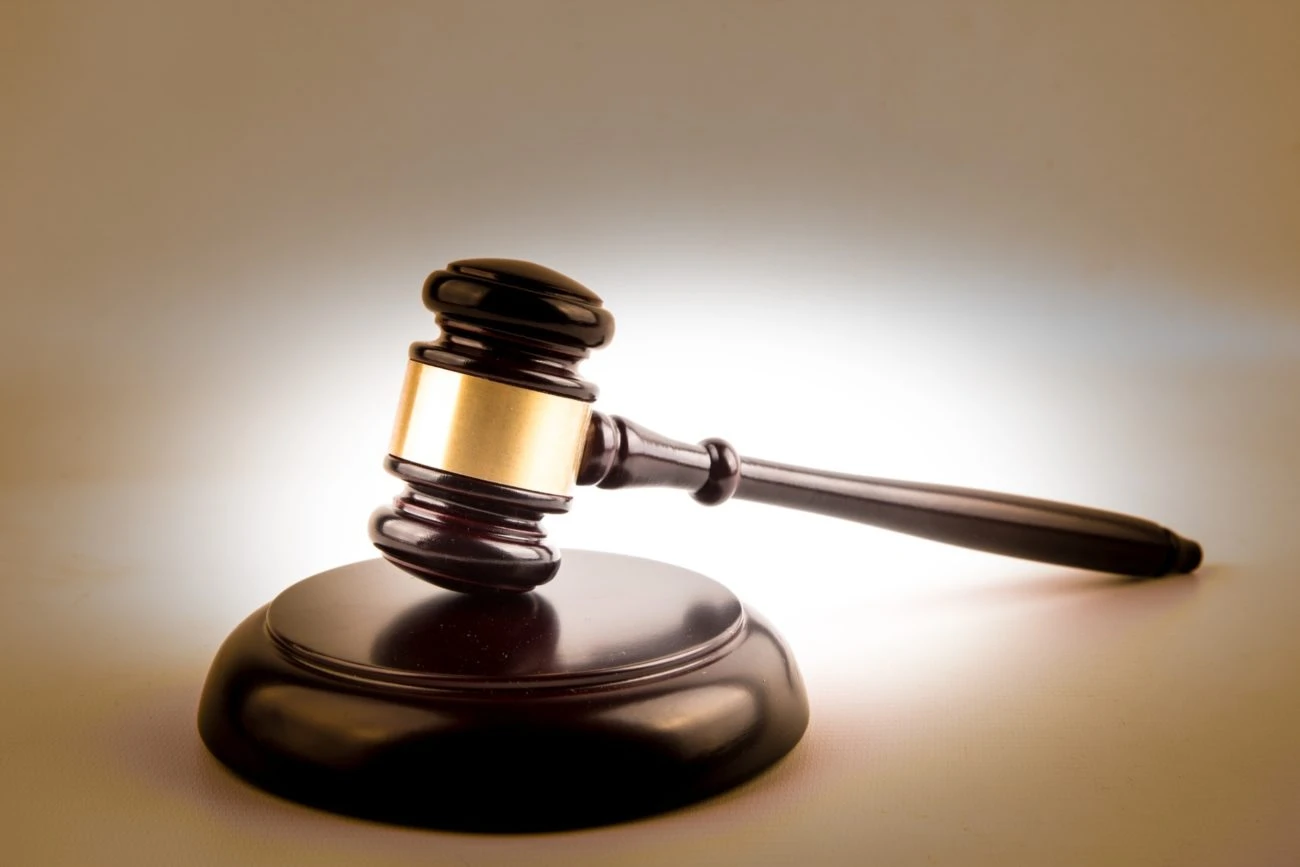Amazon faces legal challenge over “addictive” social casino apps

Claims have been made in a legal challenge against the online shopping giant. The plaintiff, Nevada resident Steven Horn, is suing Amazon for profiting from social casino games that he believes should be classed as illegal.
The class action complaint explains social casinos can be downloaded from Amazon and are free-to-play. No real-money can be won but players can purchase virtual chips to play when they run out of chips.
As such, the lawsuit argues that like Las Vegas-style slots, social casino games are “extraordinarily profitable” and “highly addictive”. On this, it criticises Amazon’s role in the process. The complaint says it is allowing games to be downloaded despite knowing they are illegal in nature.
In 2018, a similar suit was filed against International Game Technology (IGT) and its former subsidiary DoubleDown Interactive. The suit alleged that IGT’s social casino products that used virtual chips counted as illegal gambling under Washington state law.
In August 2022, IGT and DoubleDown settled the suit for $415m (£333.9m/€383.7m).
Lawsuit demands Amazon to return “illegal” proceeds
The lawsuit seeks to force Amazon to stop participating in social casino games. It also calls for any money “illegally” gained from these games to be returned to consumers.
A total of 34 social casino brands are named directly in the lawsuit. These include Jackpot Party, Monopoly Slots – Casino Games, Lotsa Slots, Jackpot Master, Black Diamond Casino and Quick Hit Slots. Also named is Big Fish Casino, the social casino app deemed illegal by the Washington court several years ago.
“Social casinos are so lucrative because they mix the addictive aspects of traditional slot machines with the power of Amazon to leverage big data and social network pressures to identify, target and exploit consumers prone to addictive behaviours,” the lawsuit says.
“Simply put, the social casino apps do not, and cannot, operate and profit at such a high level from these illegal games on their own. Their business of targeting, retaining and collecting losses from addicted gamblers is inextricably entwined with Amazon.
“Not only does Amazon retain full control over allowing social casinos into its store and their distribution and promotion therein, but it also shares directly in a substantial portion of the gamblers’ losses, which are collected and controlled by Amazon.”
Amazon takes 30% share of each wager
Using research from Statista, the lawsuit says an estimated $6.00bn (£4.88bn/€5.59bn) was gambled away on social casinos in 2020. This, the complaint adds, is where Amazon makes its money.
The lawsuit says Amazon takes 30% of each wager placed on social casino games. This is compared to the range of between 1% and 15% that traditional casinos take from real-money slot games.
Using the figures from Statista, this suggests Amazon generated $1.8bn from these games in 2020.
“By utilising Amazon for distribution and payment, the social casinos entered into a mutually beneficial business partnership,” the complaint says. “In exchange for distributing the casino games, providing them valuable data and insight about their players and collecting money from consumers, Amazon takes a 30% commission of every wager, earning billions in revenue.
“The result (and intent) of this dangerous partnership is that consumers become addicted to social casino apps, maxing out their credit cards with purchases amounting to tens or even hundreds of thousands of dollars.
“Consumers addicted to social casinos suffer a variety of non-financial damages ranging from depression to divorce to attempted suicide.”
Legal uncertainty over social casinos
Social casinos are mostly legal in the US, but uncertainty remains. The lawsuit referred to a 2018 ruling from a Washington court that deemed casino apps as illegal.
The Washington case referred to Churchill Downs and the social casino Big Fish Casino social casino. Ruling on the case, the court said virtual chips on the casino should be classed as a “thing of value” and therefore playing can be deemed as gambling.
“In other words, despite knowing social casinos are illegal, Amazon continues to maintain a 30% financial interest in the upside by brokering the slot machine games, driving customers to them and acting as the bank,” the new lawsuit says.
”As such, Amazon is liable as a co-conspirator to an illegal gambling enterprise and conspiracy.”
Amazon is yet to publish an official response to the case.
